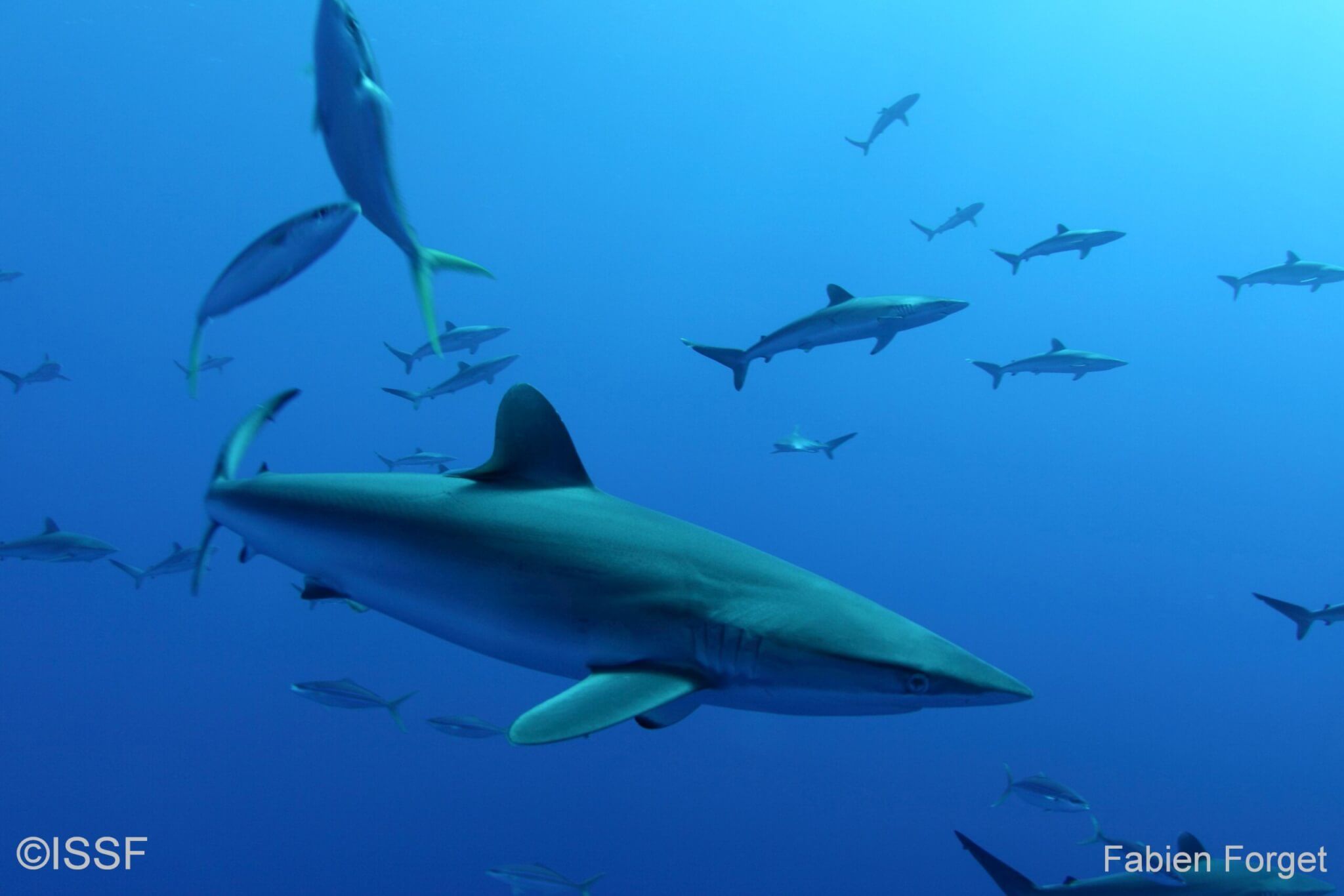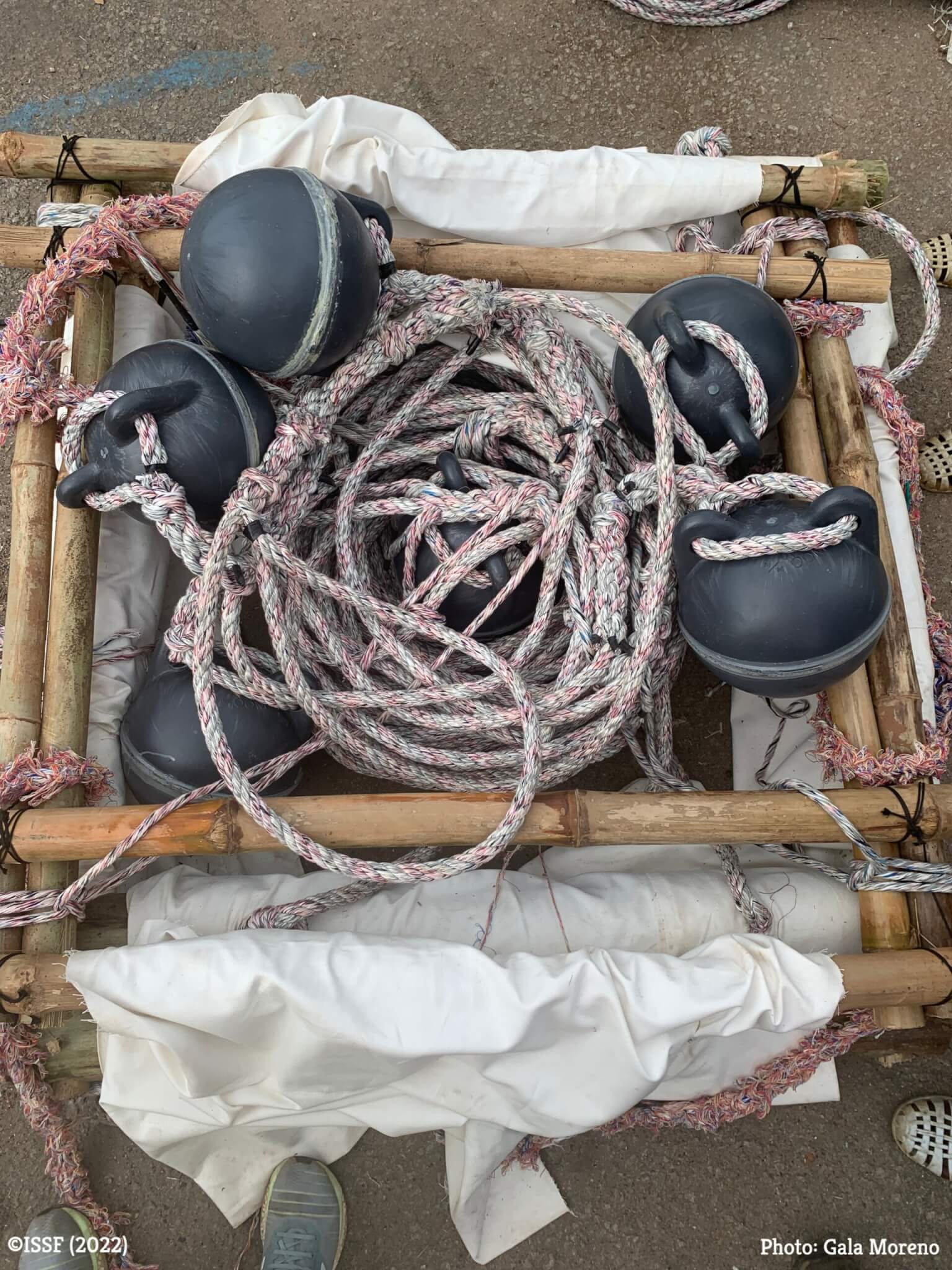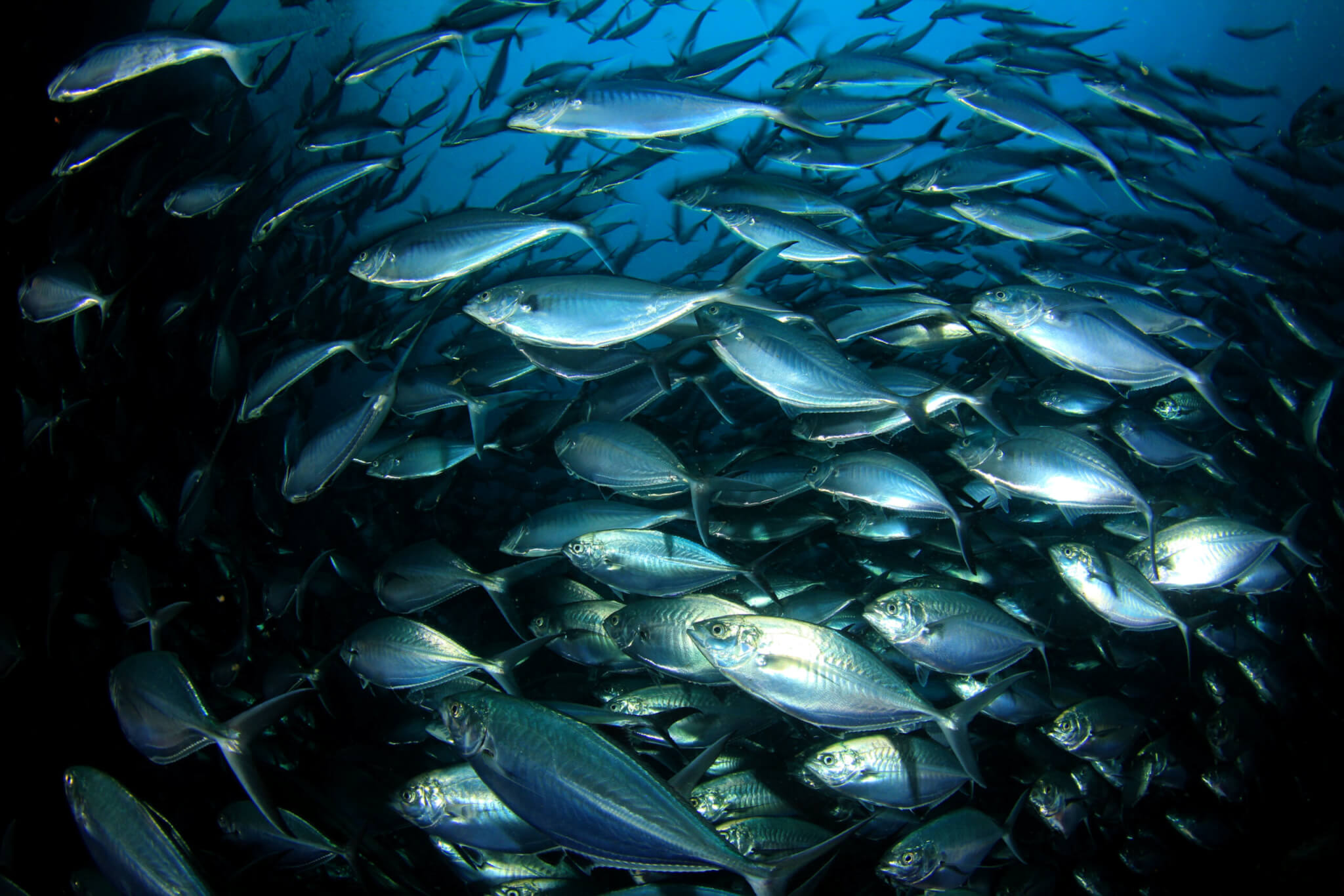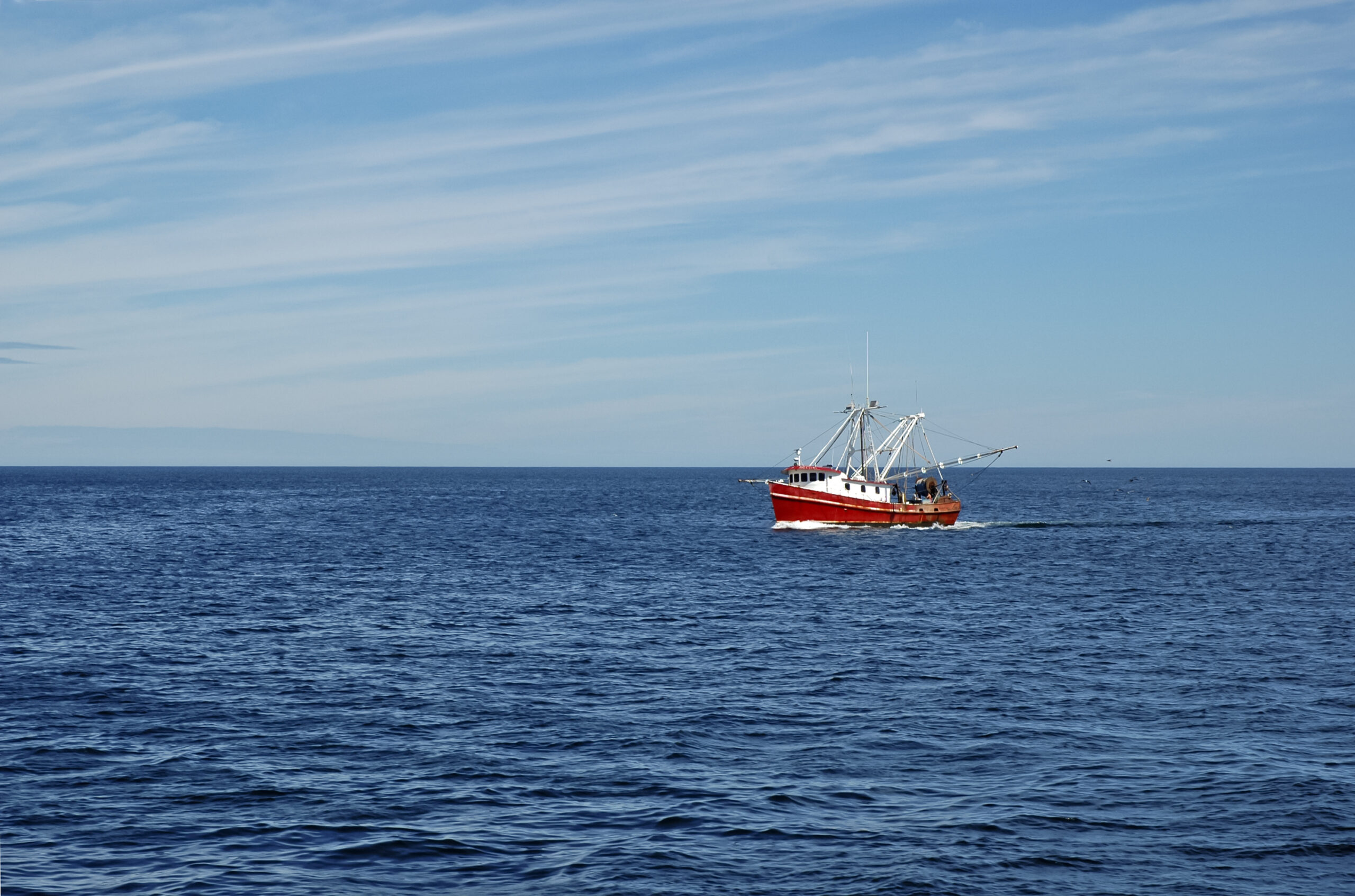Strengthened FAD Management in the Indian Ocean | Read the ISSF Statement
Featured News
ISSF Urges Indian Ocean Fisheries Managers to Strengthen FAD Management Measure at Special Session
Science-based limits on FAD deployments and use of biodegradable materials among asks for improvements to IOTC FAD measure
ISSF has published a position statement ahead of a February 3-5 Indian Ocean Tuna Commission (IOTC) Special Session, the objective of which is to adopt an IOTC conservation and management measure on fish aggregating devices (FADs).
ICYMI
BLOG: Testing conservation solutions can sometimes require setting sail on the high seas
“We’re searching for Mobulids—otherwise known as manta and devil rays — which are sometimes captured accidentally by fishing boats,” writes scientist Melissa Cronin, Ph.D. “Though these encounters are rare and occur primarily in free swimming school sets, it’s important that scientists and fishers work together to avoid these interactions because Mobulids are experiencing population declines globally.”
Field expeditions on board tuna purse seine vessels began in December 2022.
Featured Video
Jelly FAD: A Paradigm Shift in Biodegradable Fish Aggregating Device (FAD) Design
ISSF scientist Dr. Gala Moreno has teamed up with physical oceanographers to design and test biodegradable FADs as more sustainable options for tuna fishing.
Featured Content
ISSF Conservation Measures
ISSF adopts conservation measures with the intent that processors, traders, importers, transporters, and others in the seafood industry commit to conform to them to facilitate real, continuous improvement across global fisheries.
ISSF Participating Companies are seafood companies that have committed to conform to ISSF measures for improving the long-term health of tuna fisheries. They also must adhere to a Compliance Policy. We publish regular reports, prepared by auditor MRAG Americas, on each participating company’s compliance with our measures.



